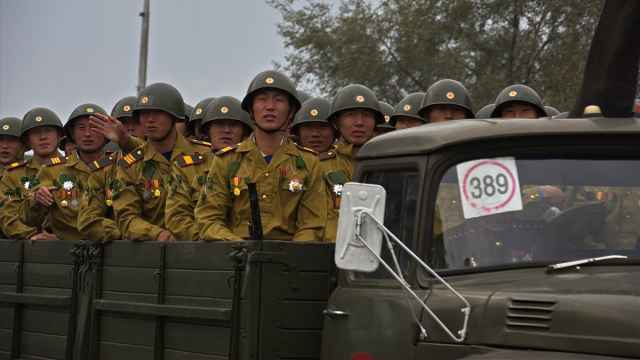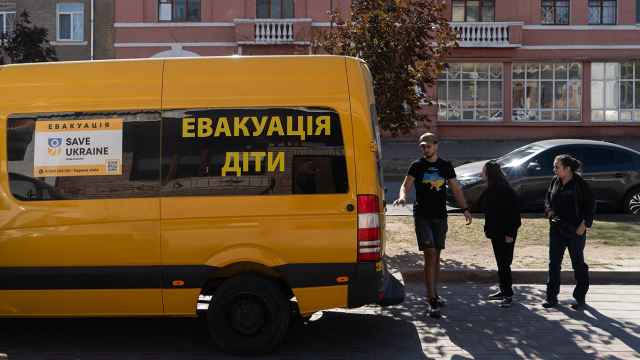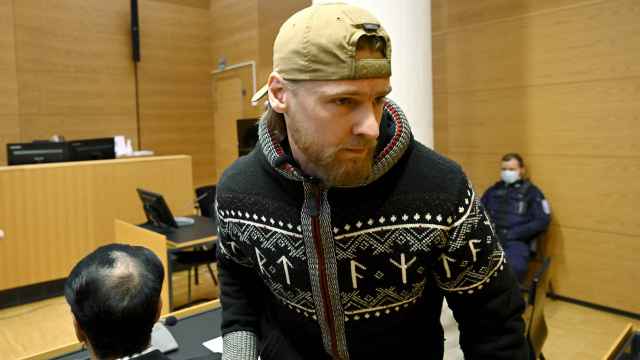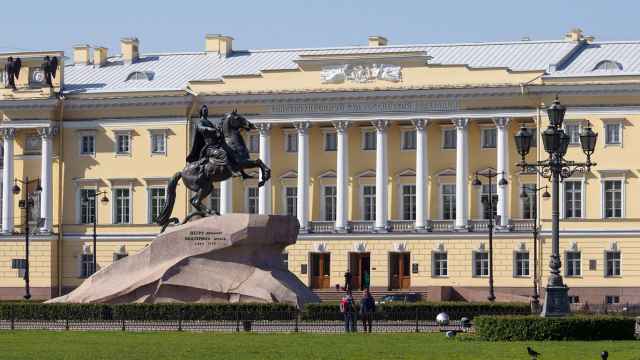At least six percent of Russia's population has been under state surveillance at some point in the last nine years, according to a report released by human rights activists Monday.
Information released by Russian human rights group Agora claims that the Russian Supreme Court received some 4,659,325 applications to monitor and record telephone communications between 2007 and 2015. The court approved almost 97 percent of these, or 4,517,515.
Assuming that each wiretap target was in conversation with at least one other person, activists calculate that six percent of the Russian population, or 8.5 million people, have been monitored by the state at some time.
“If we assume that each of the wiretaps lasted for roughly a month, that means that over the course of nine years at least six percent of the population have had their communications monitored at some point,” said report co-author Pavel Chikov.
Agora claims that a lack of accountability has left the work of the security services open to political exploitation. The report alleges that on numerous occasions Russian law enforcement agencies violated human rights without compelling criminal evidence.
Government agencies acted without evidence in 352 cases, taking DNA or other biometric information in 242 of them, according to the report. Targets included activists who demonstrated on Manezh Square in 2014 and a number of Crimean Tatars between 2014 and 2016.
In 35 cases, citizens' movements were monitored without any evidence of a crime, while 23 targets saw electronic communications hacked by security services.
Hidden video or audio equipment was used without compelling reason on 28 occasions and in several cases covert police footage was leaked to the media.
Interior Ministry staff claim that the majority of requests are for written details on individual calls or phone users which are used to solve less serious crimes such as mobile phone theft.
Duma Deputy Alexander Khinshtein from the ruling United Russia party said that strong surveillance systems were needed to fight extremism. “Russian security services act irregardless of political affiliation,” he said.
In December 2015, a European Court of Human Rights ruling criticized Russian laws for several loopholes that allowed citizens to be monitored by security services without court approval.
A Message from The Moscow Times:
Dear readers,
We are facing unprecedented challenges. Russia's Prosecutor General's Office has designated The Moscow Times as an "undesirable" organization, criminalizing our work and putting our staff at risk of prosecution. This follows our earlier unjust labeling as a "foreign agent."
These actions are direct attempts to silence independent journalism in Russia. The authorities claim our work "discredits the decisions of the Russian leadership." We see things differently: we strive to provide accurate, unbiased reporting on Russia.
We, the journalists of The Moscow Times, refuse to be silenced. But to continue our work, we need your help.
Your support, no matter how small, makes a world of difference. If you can, please support us monthly starting from just $2. It's quick to set up, and every contribution makes a significant impact.
By supporting The Moscow Times, you're defending open, independent journalism in the face of repression. Thank you for standing with us.
Remind me later.







